Fairfax County is home to almost 80,000 veterans and their families. There are over 700,000 living veterans in Virginia, or 8 percent of the population, while the United States has about 19 million living veterans, or 6 percent of the population.
The Friends of the Great Falls Freedom Memorial Foundation presented the Veterans Day ceremony with featured keynote speaker Major General George Francis Close Jr. of McLean. Andy Wilson, president of the foundation, introduced Close, a retired senior U.S. Army officer currently acting as a senior corporate executive.
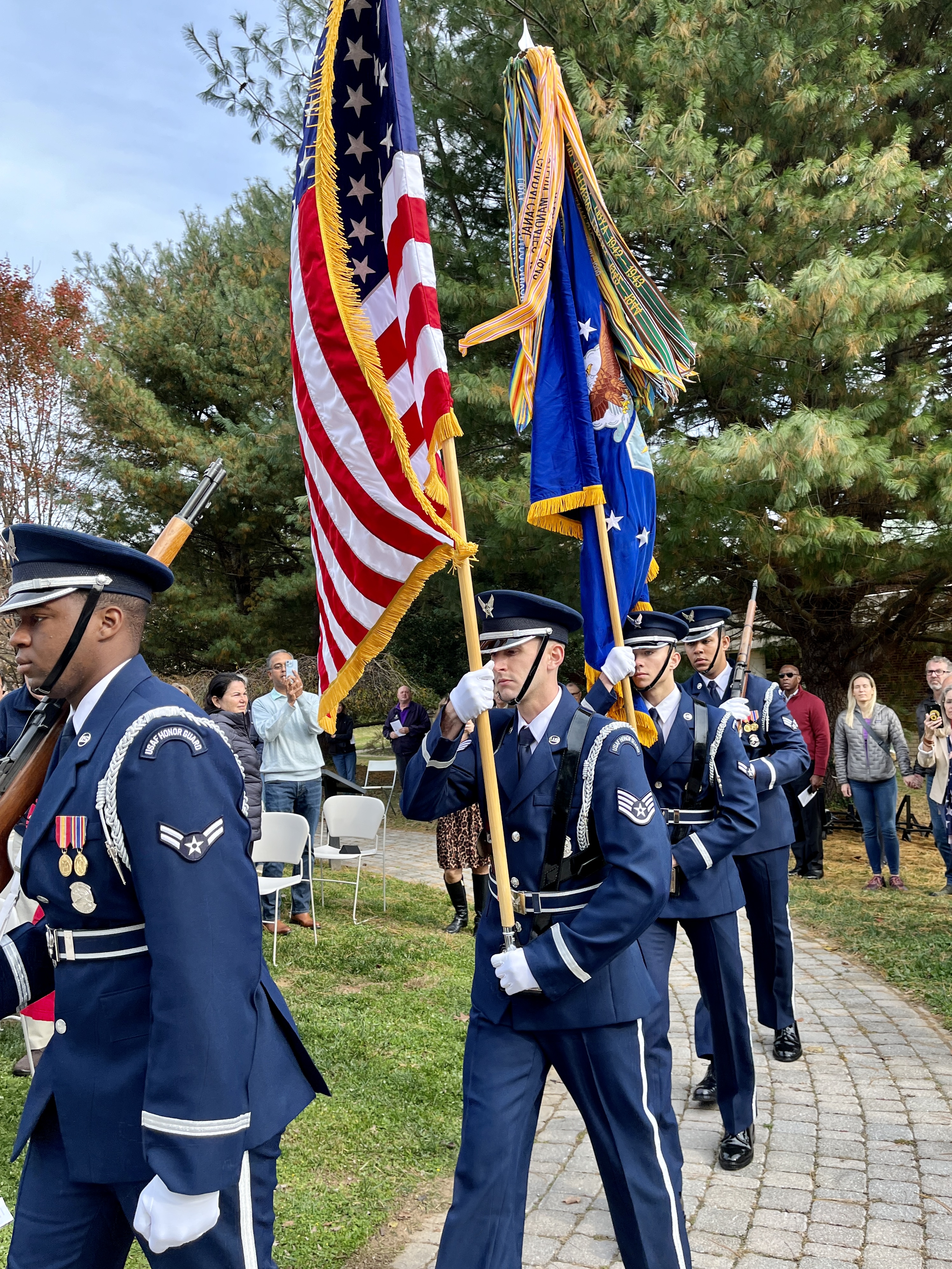 An Air Force Color Guard enters the grounds of the Great Falls Freedom Memorial on Veterans Day.
An Air Force Color Guard enters the grounds of the Great Falls Freedom Memorial on Veterans Day.
In his remarks, Close said that veterans were "in the midst of it," whether in peacetime or war. He spoke of veterans' various roles in the country, their professionalism, and how they were selected for promotions, schooling, and assignments based on their performance and potential, a true meritocracy.
A similar event co-occurred five miles away in the Town of Herndon. Held by The Wayne M. Kidwell American Legion Post 184 of Herndon-Reston and the Town of Herndon, David Womack, post commander, welcomed guest speaker Harvey "Barney" Curtiss Barnum Jr., a retired United States Marine Corps officer who received the Medal of Honor during the Vietnam War. Barnum said that we owe our veterans a "debt of gratitude" for the freedoms the United States holds so dear, from freedom of speech to freedom of the press. He said that our veterans are on the front lines, protecting us.
But no matter which of the Veterans Day ceremonies one attended, there were similarities: the impressive postings of the nation's colors, veterans and guests reciting the pledge of allegiance, and choral groups singing the national anthem and other patriotic songs. Speakers acknowledged the veterans who stood between us and ever-present danger.
According to Close, the Army has over 100,000 troops deployed or forward stationed in approximately 80 nations. "The scope of the effort to support the global war on terrorism, provides support to our allies, and keeps our other enemies contained as part of our country's engagement strategy is tremendous," he said. Close went on to say that without veterans, "there would be no United States of America.”
While the local ceremonies of honor and recognition, the kind words of thanks by residents, and the one-day freebie at local restaurants are appreciated by the veterans, they are not enough. Questions remain, including how the county is helping to repay the "debt to our veterans," about what veterans say is needed, what the Virginia legislature might do in the next session, and how veterans want to be remembered by others after their casket flag is handed to a loved one.
According to the Fairfax County Economic Development Authority, representatives from 66 companies interviewed job-seekers one week before Veterans Day at the Veteran and Military Career Fair at Fort Belvoir on Nov. 4, 2021.
"We believe that Fairfax County can be a proving ground for how we get our nation's veterans working in the private sector," said Jeffrey C. McKay, chairman of the Fairfax County Board of Supervisors.
Viewpoints
Supporting Living Veterans, Repaying the Debt Beyond Thank Yous
Major General George Close, U.S. Army (ret), the keynote speaker at the Veterans Day Ceremony at the Great Falls Freedom Memorial, said that every time someone reaches out to a veteran and publicly expresses appreciation for their service, "it makes a huge difference in that young man's or woman's life." Yet, thank you, while much appreciated by service members, is not enough.
Q: The Connection asked the veterans and an American politician in attendance at the Great Falls ceremony, "Beyond saying thank you to a veteran, what can the public and politicians do to assist veterans?"
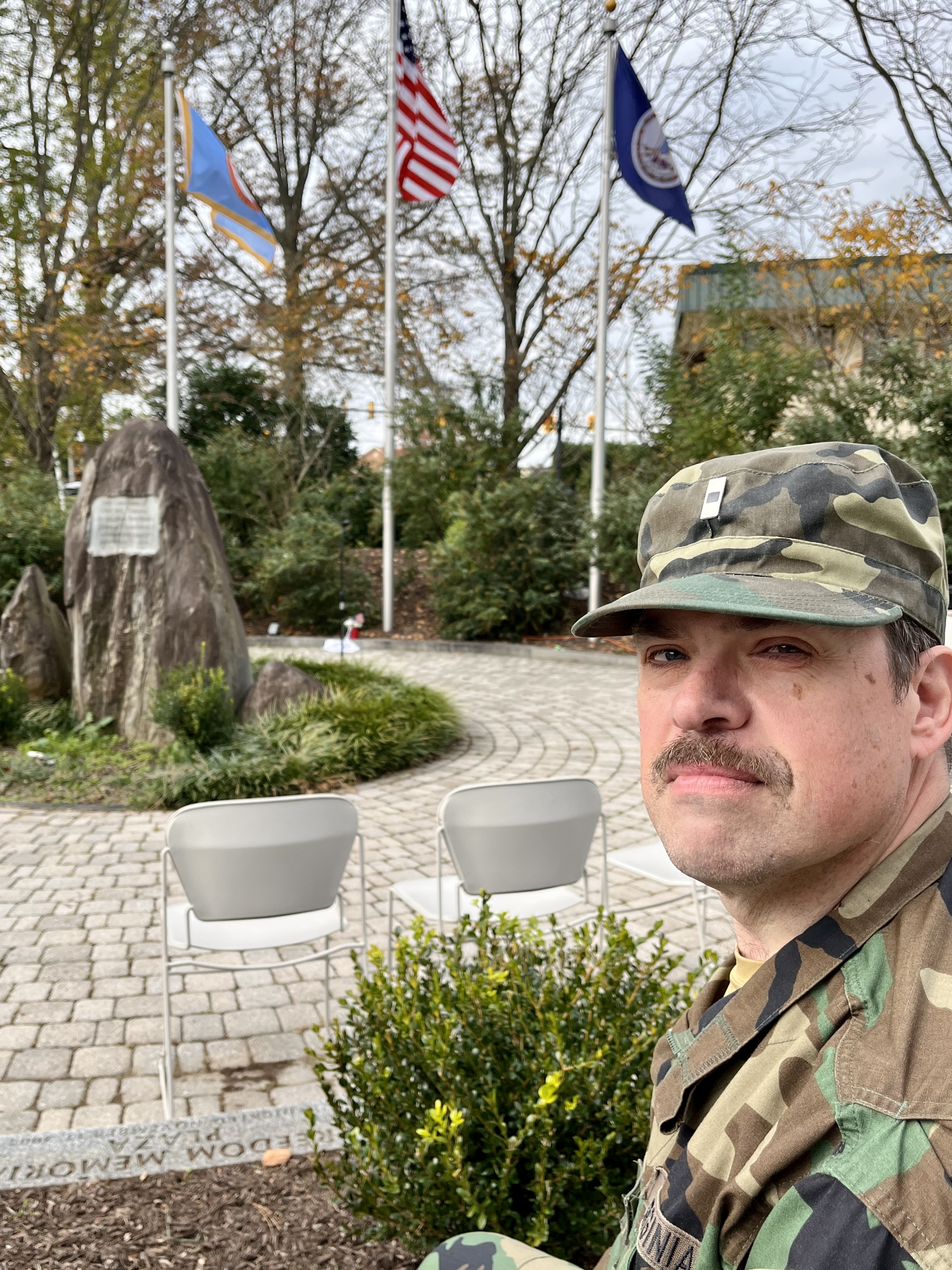
“I think the most important part is remembering the kind of sacrifice that veterans go through that maybe people don't see all the time. A lot of veterans, especially those coming back from the Middle East, suffer from P.T.S.D. or like demons. They are carrying things that don't necessarily show. I think people should make space for them to talk if they want to talk.”
— WO1 (V.A.) Kevin Maxson, Warrant Officer
“There are too many homeless veterans. The public should put pressure on their respective governments to help veterans; in fact, help all 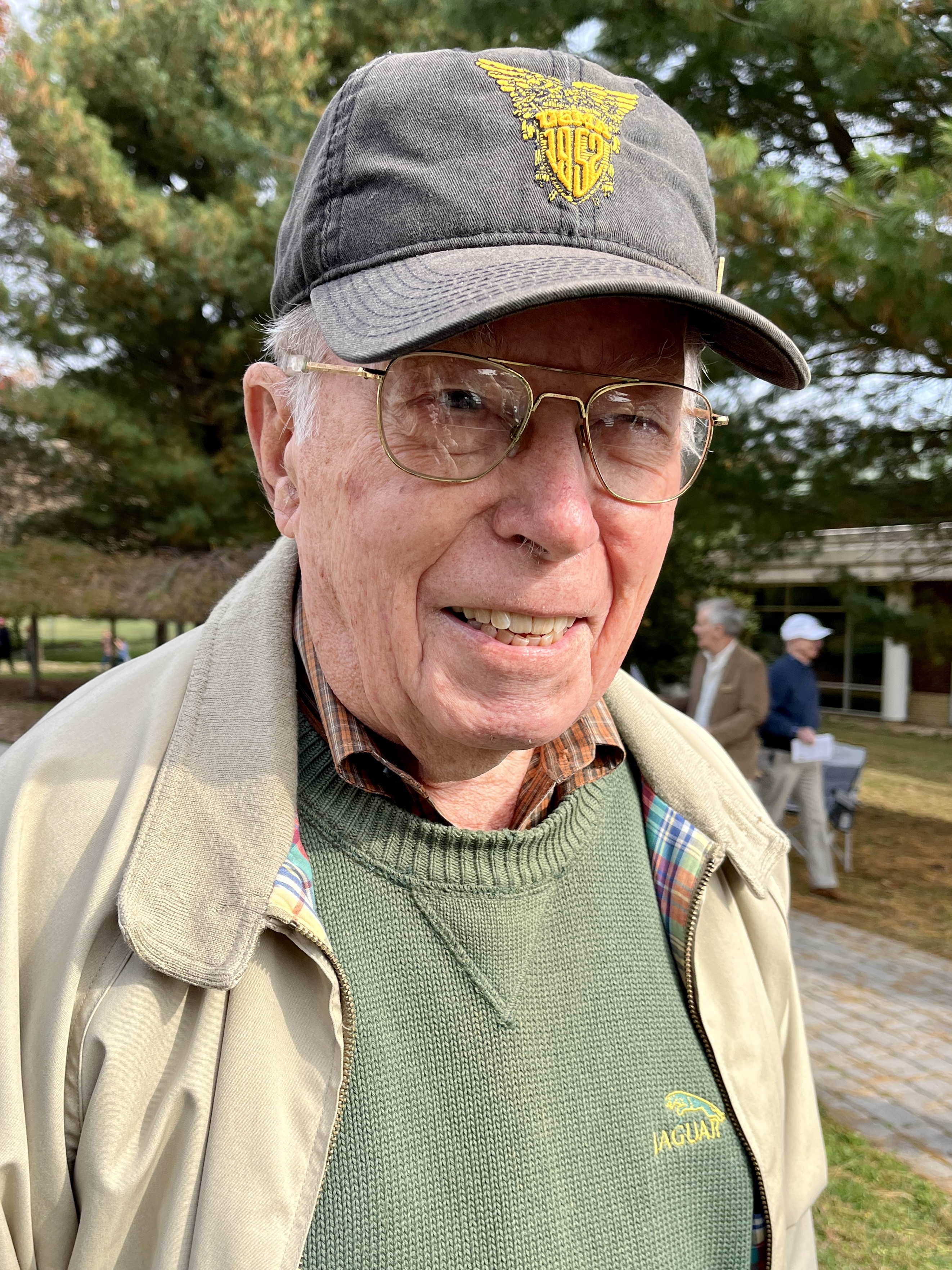 homeless people. But there are too many veterans that are homeless. There are too many veterans that are committing suicide. And those are two issues that the [Veterans Administration] can't handle. But need to be handled.”
homeless people. But there are too many veterans that are homeless. There are too many veterans that are committing suicide. And those are two issues that the [Veterans Administration] can't handle. But need to be handled.”
— Major General William C. Moore, U.S. Army (ret.) of McLean
“I think that the government, especially on the injured soldiers that are coming back from the battlefield, put them in the V.A. system, and they forget about them. … We just sort of let them go to their own devices. If 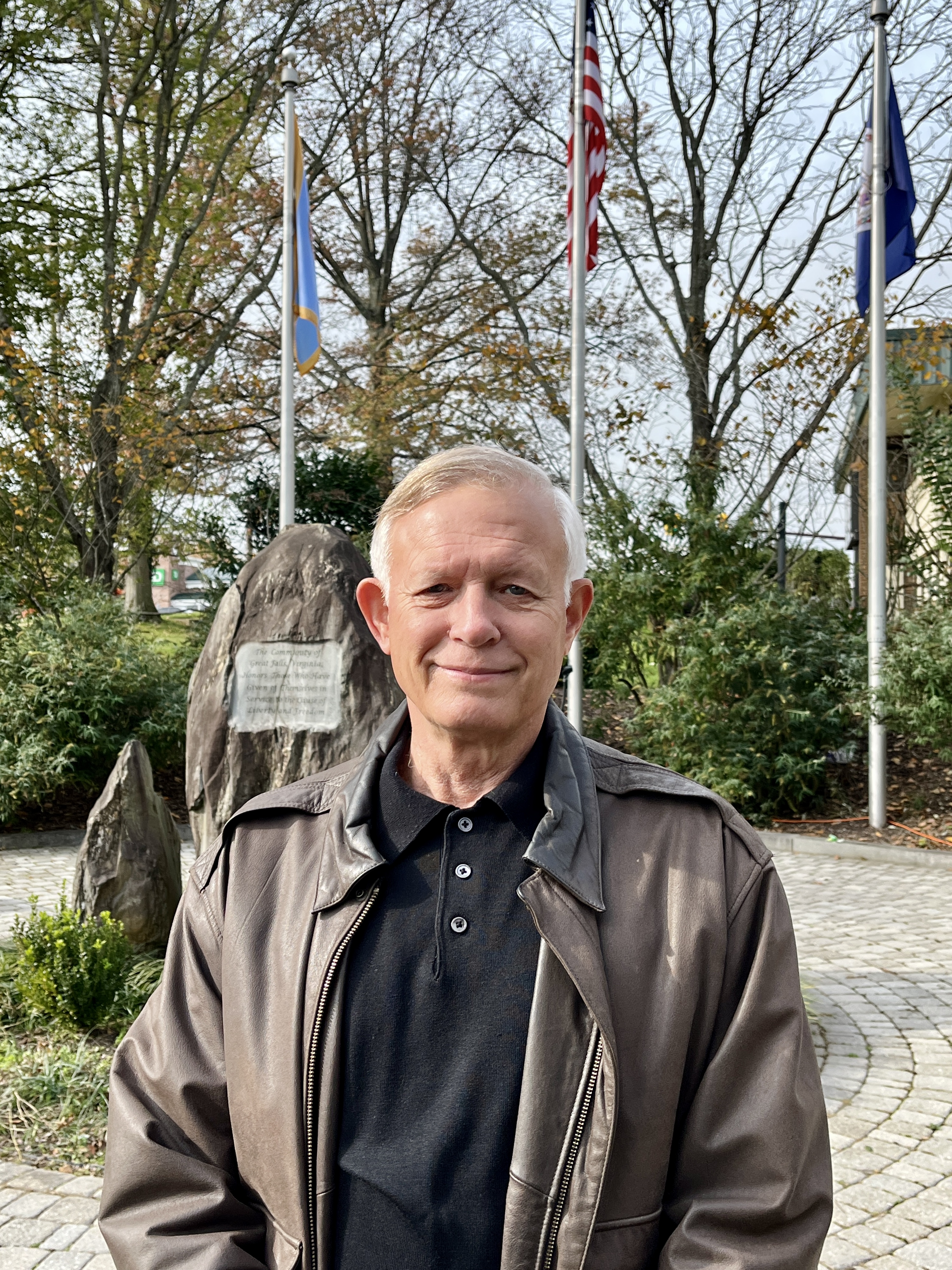 they don't have a good family around them, we get into the 22 a day suicide problem that we have now. Quit dropping them when they come home from combat and stay connected with them when they come in. That's what I'm saying.
they don't have a good family around them, we get into the 22 a day suicide problem that we have now. Quit dropping them when they come home from combat and stay connected with them when they come in. That's what I'm saying.
— Donald Freeman, U.S. Air Force (ret.)
“Ensure that veterans' benefits stay current and match the economy, as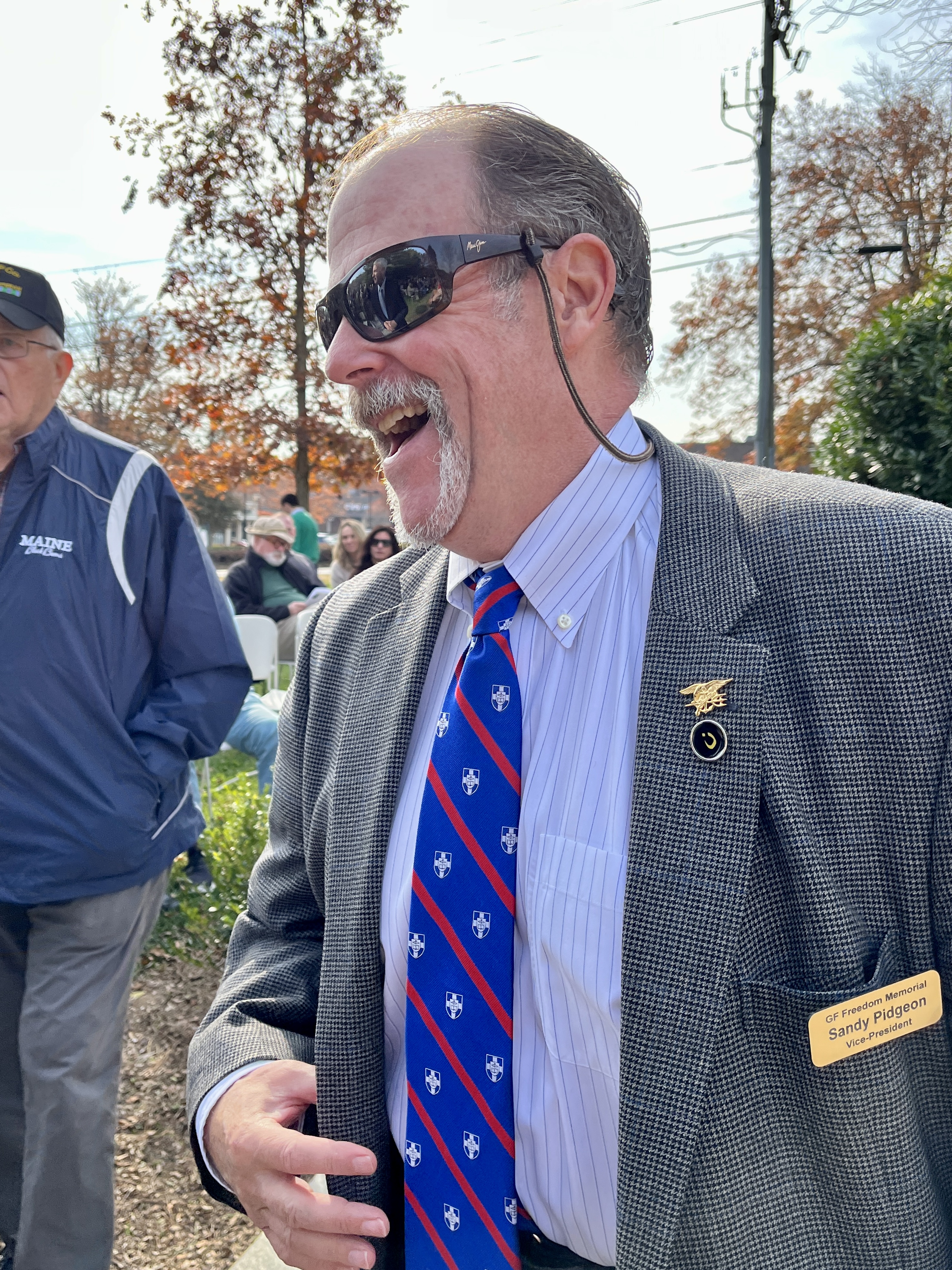 well as people assisting veterans with opportunities and ensuring that they care for their mental health.”
well as people assisting veterans with opportunities and ensuring that they care for their mental health.”
— Vice-President of the Great Falls Freedom Memorial Foundation, LCDR John A. "Sandy" Pidgeon, U.S. Navy Seal (ret.)
“I think there's a lot being done for service members right now. And veterans, especially with Boulder Crest and other types of organizatio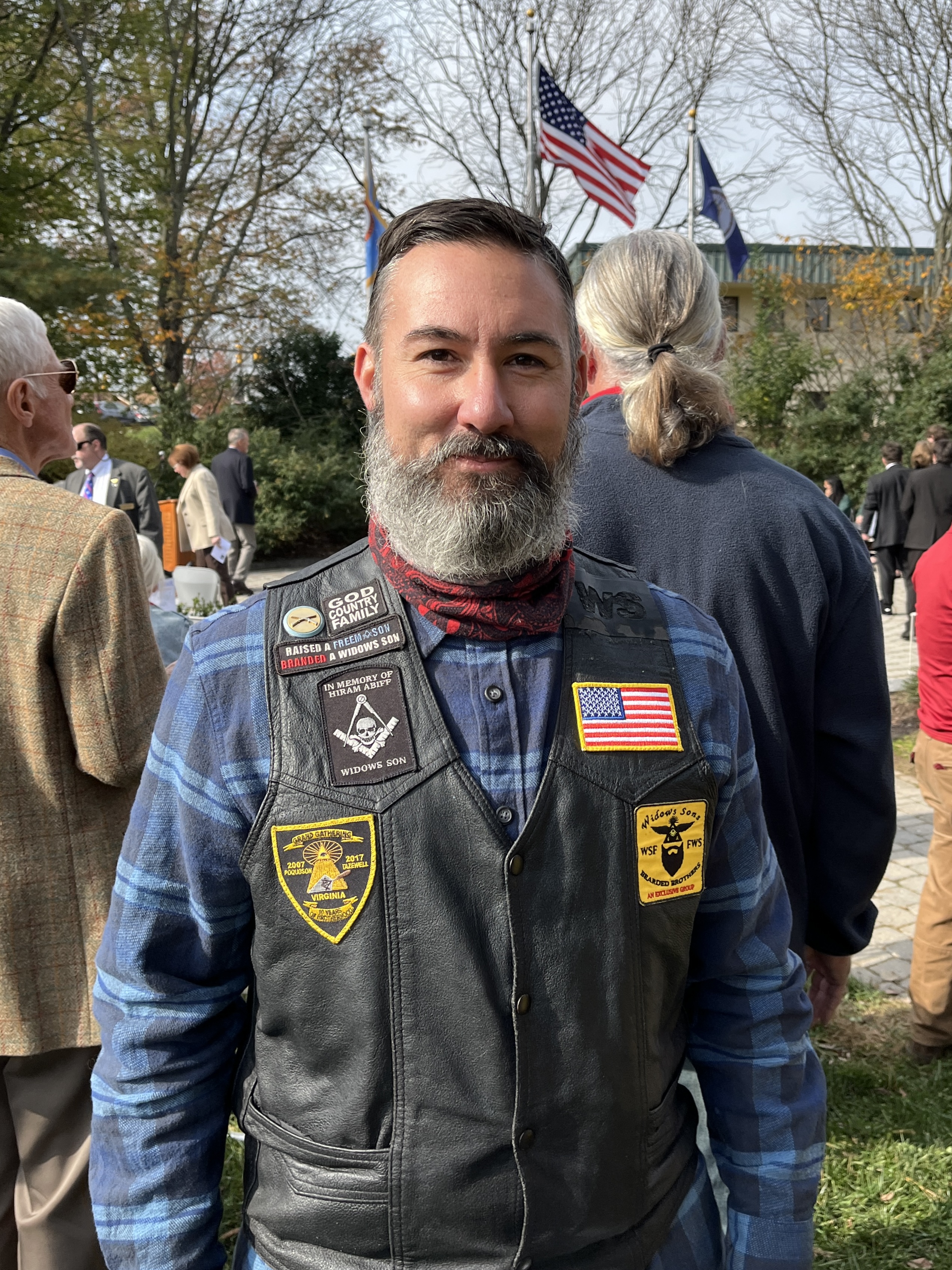 ns that help out with charitable donations. But you know, I really think awareness is a big thing for veterans, the sacrifices that many have made. Some of my brothers and sisters I've served with are no longer here. … So I'm just trying to bring recognition to that.”
ns that help out with charitable donations. But you know, I really think awareness is a big thing for veterans, the sacrifices that many have made. Some of my brothers and sisters I've served with are no longer here. … So I'm just trying to bring recognition to that.”
— Dr. Rocco Blais, U.S. Army [1996-1999], U.S. Navy [2001-2006]
“It is really important to raise awareness of the challenges veterans face when they return home. We have an obligation to provide them with first-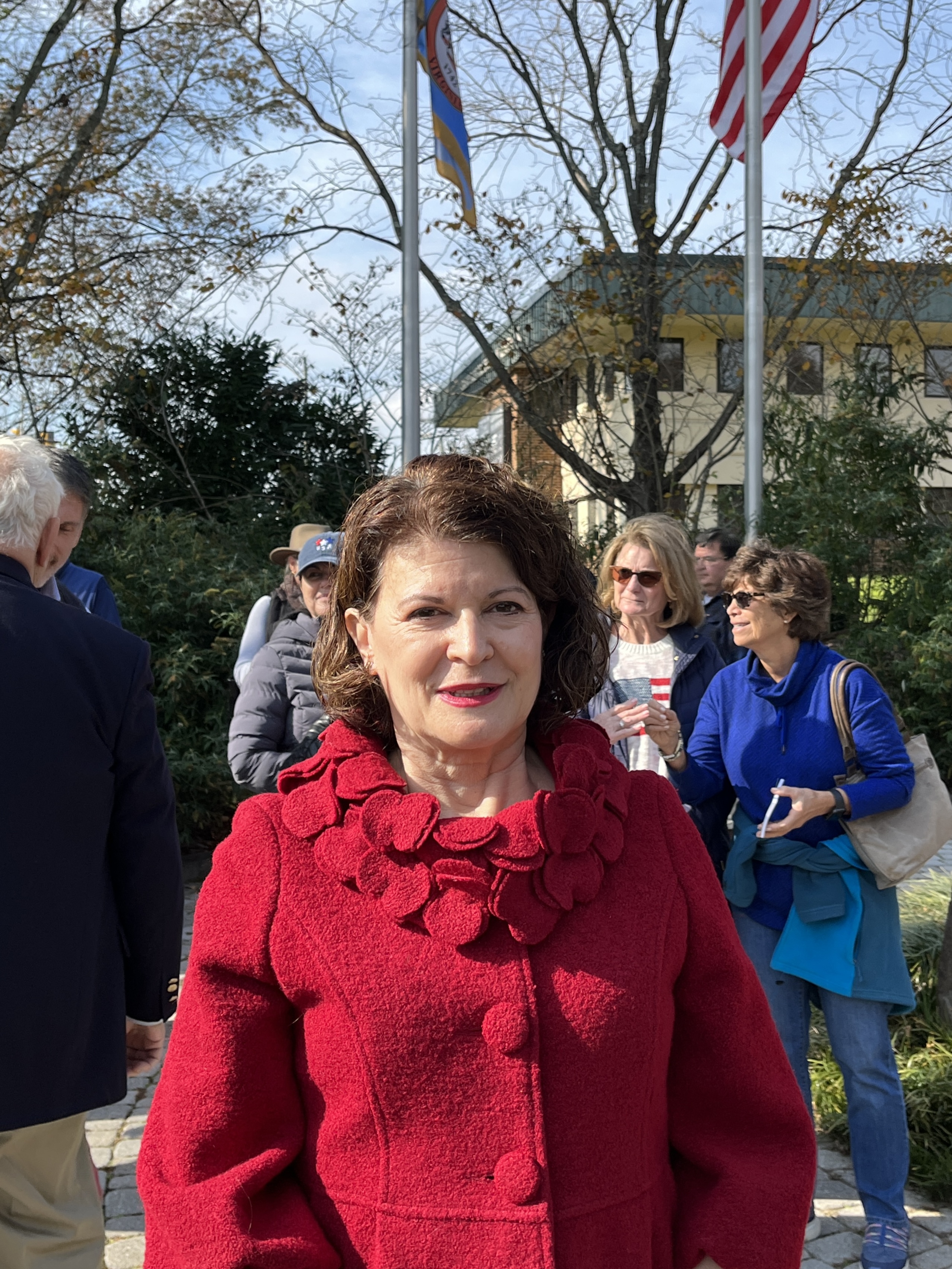
“I've always advocated for more behavioral health funding. I would like to see the budget that goes to the Veterans Administration have a big increase in the behavioral health portion of the budget, and I think their families also need access to behavioral health services. They've been separated from a loved one for a very long time, and there's a lot of stress and a lot of rebuilding, and we need to be there for them.”
— Sen. Barbara Favola (D-31)
